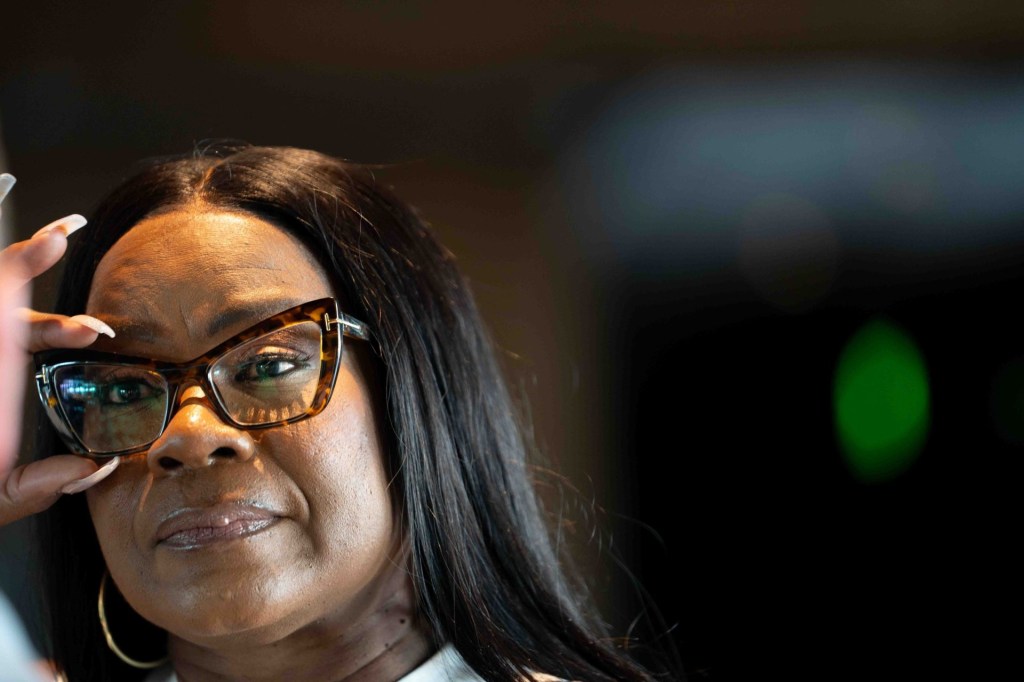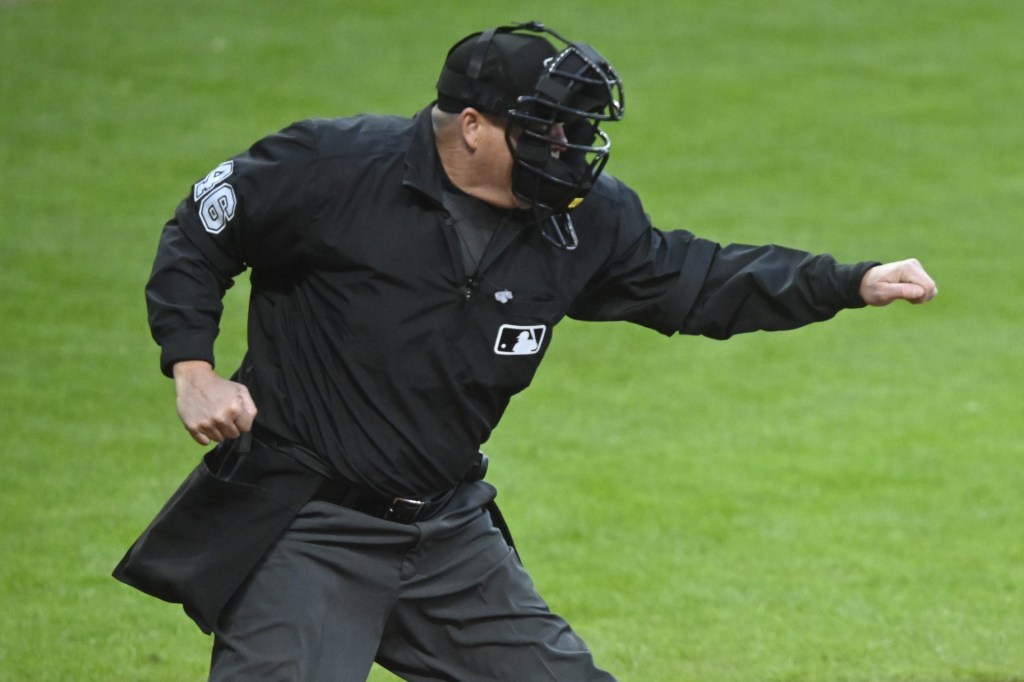Amid a run of consistent sales growth, Wingstop is looking to esports to help bring in even more customers through its doors.
In partnership with Twitch, the restaurant chain is enabling customers to order food directly on the streaming service’s website until December 16, as part of a limited time offer launched in late November. The new capability also features Wingstop’s WIng Calculator, which recommends flavors for streamers to try based on personal preferences.
“Twitch is a huge part of the gaming landscape, and we know that we must invest in the platform if we want to continue engaging with our Wingstop gaming fans while also reaching new consumers,” said Christina Clarke, Wingstop’s recently appointed chief marketing officer.
Wingstop’s new activation has already outperformed Twitch’s key partnership benchmarks around engagement, Clarke added. The chain now envisions launching more promotions within esports in the future to build brand equity with gamers and spread the word of the company’s digital and delivery prowess.
“Coming from a traditional sports background [managing Frito-Lay North America’s partnerships across professional leagues, teams, and athletes], I’m excited about the opportunities that exist for Wingstop to continue engaging with traditional sports and esports fans and platforms alike,” she said.
Wingstop is one of the largest ascending brands in the restaurant industry these days. Focused on technology and food innovation, the fast-casual chain regularly discloses double-digit quarterly sales growth to investors and shareholders.
That level of success has led Wingstop to ramp up its TV and digital marketing spend, including within traditional sports. As an example, Wingstop launched its national “Where Flavor Get Its Wings” campaign this year, featuring commercials that fans can watch regularly during game telecasts.
READ MORE: Magic Gaming’s Growth Tied to Basketball, Esports Crossover Strategy
The Texas-based chain also inked a new corporate partnership deal with the Dallas Cowboys in September – marking its fifth overall sponsorship with a professional sports team. Wingstop’s food trucks are additionally a common site pregame at both NFL and college football contests, and represent another key pillar of its marketing strategy.
To date, Wingstop generates more than 35% of its sales via digital channels, including its proprietary website, mobile app, and chatbot available on Facebook Messenger, Twitter, and Amazon Echo. About 95% of Wingstop’s 1,300 stores worldwide also offer delivery.
Wingstop has stated publicly that its goal is to become one of the top 10 restaurant chains in the world. The company reported $1.3 billion in revenue in 2018. For context, that is more than double Shake Shack’s output over the same period, but a fraction of reported sales by other juggernauts in its category, including Chipotle and Panera Bread.
According to David Pucik, vice president of games and digital strategy at industry consultant firm Magid, esports offer Wingstop a key target audience in the millennial consumer. The average esports viewer, much like the core gamer, is quickly becoming more gender-neutral.
With streams for popular titles such as Overwatch and League of Legends spanning up to eight hours, Wingstop’s new offering could also see it fulfill multiple orders per customer throughout one sit down, he said.
“Food is deeply endemic and inherently needs to be delivered in a live sort of sense in the context of whatever you are doing,” Pucik added. “Ordering food for esports events is a small step beyond placing orders to stream Netflix, Amazon Prime Video, or the latest episode of Watchmen on HBO.”
Wingstop is not the first brand to partner with a key player in the esports advertising space on a promotion. Apparel and PC gaming gear companies have gone down the same route before. However, it is a rare occurrence.
“Historically, Twitch is not good at splitting ad inventory, such that people in different regions are properly targeted while watching the same stream,” said Pucik. “They’ve gotten better than they were five years ago, but still geofencing is not something Twitch or its peers are great at.”
READ MORE: Overtime Expanding Esports Strategy From Team Ownership to Content
What this means is with such a large global audience tuning in to watch esports online, there is no guarantee that ad serving technologies available will play viewers targeted advertisements in their preferred language every time. For this reason, most brands elect to go the sponsorship route, as opposed to launching promotions or creating multimedia assets.
A recent study by Magid also points out that 52% of all consumers interested in esports – an industry with an estimated 50 million viewers in the U.S. – enable ad blockers of some kind, forcing brands like Wingstop to get creative in how they promote themselves.
“That’s a tough number to overcome and explains an uptick in traditional sponsorships in esports and streaming,” Pucik said. “Everyone understands brand sponsorships regardless of language.”
Twitch was not immediately available for comment on this story.
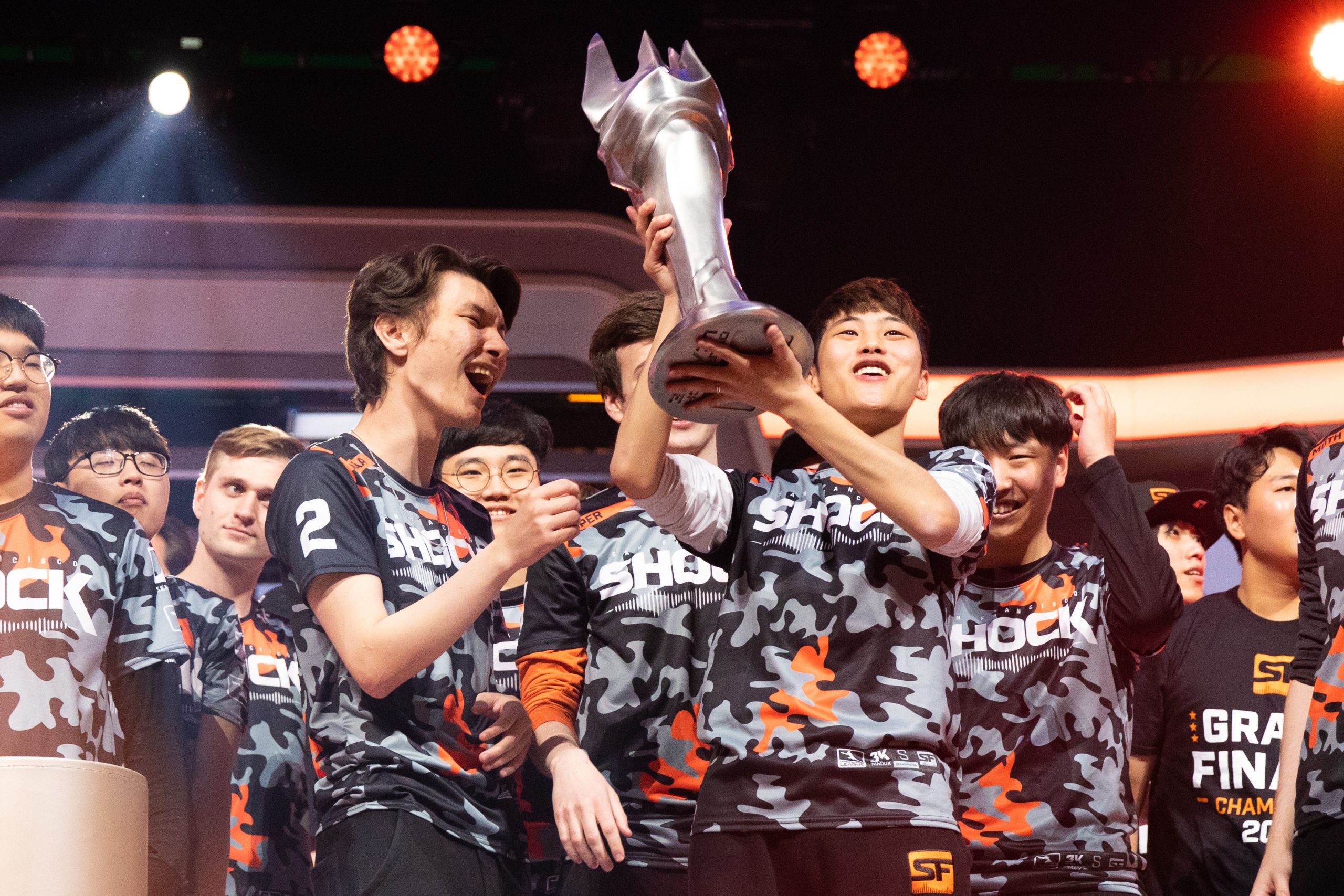
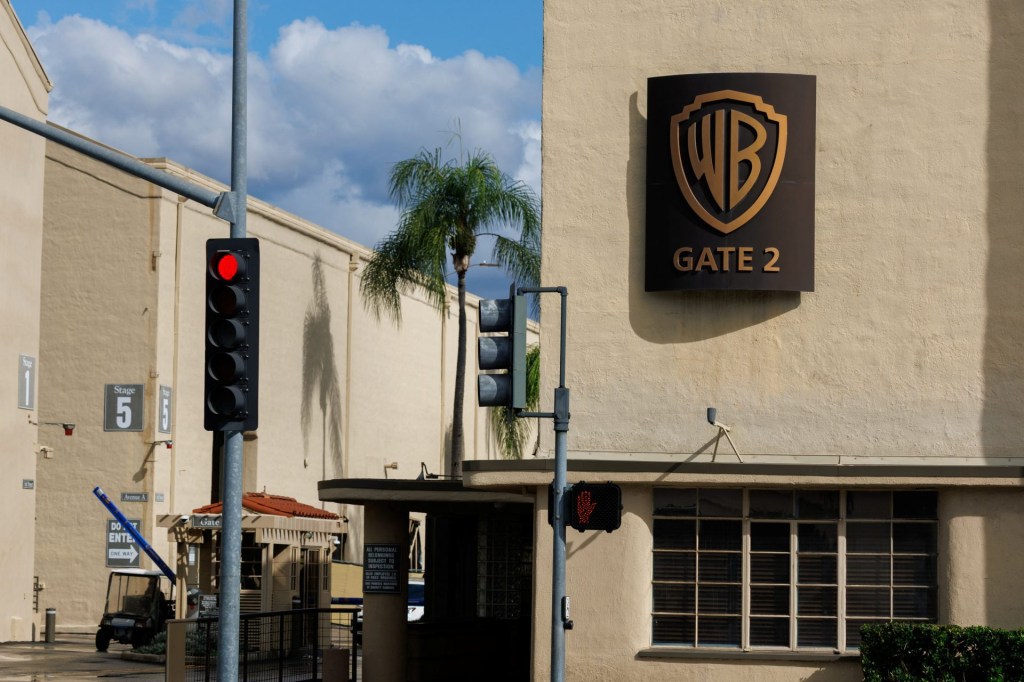

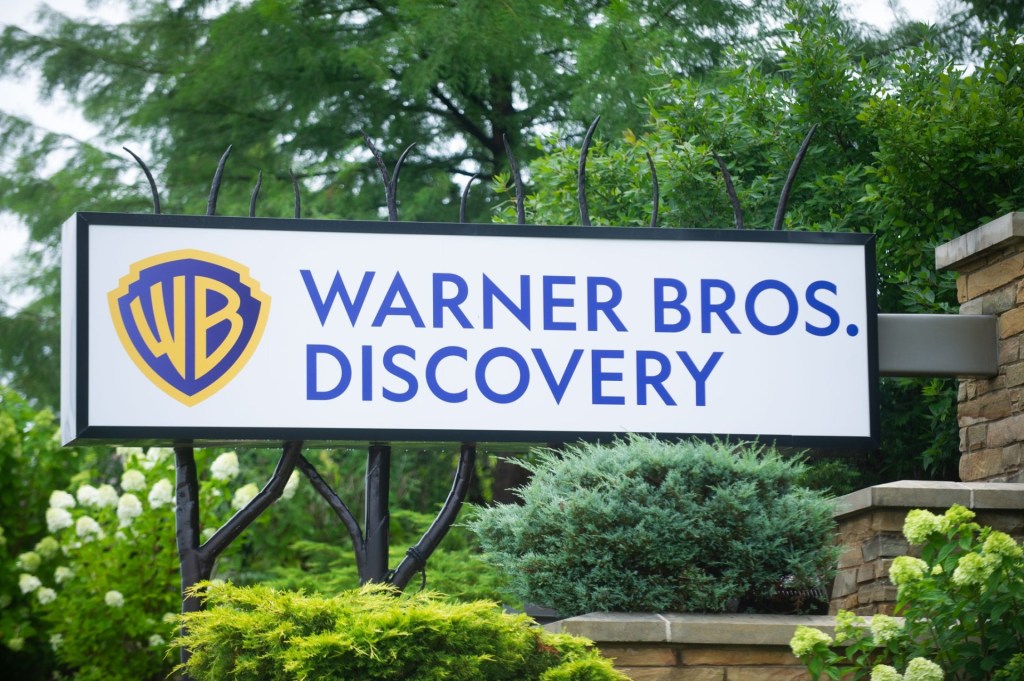
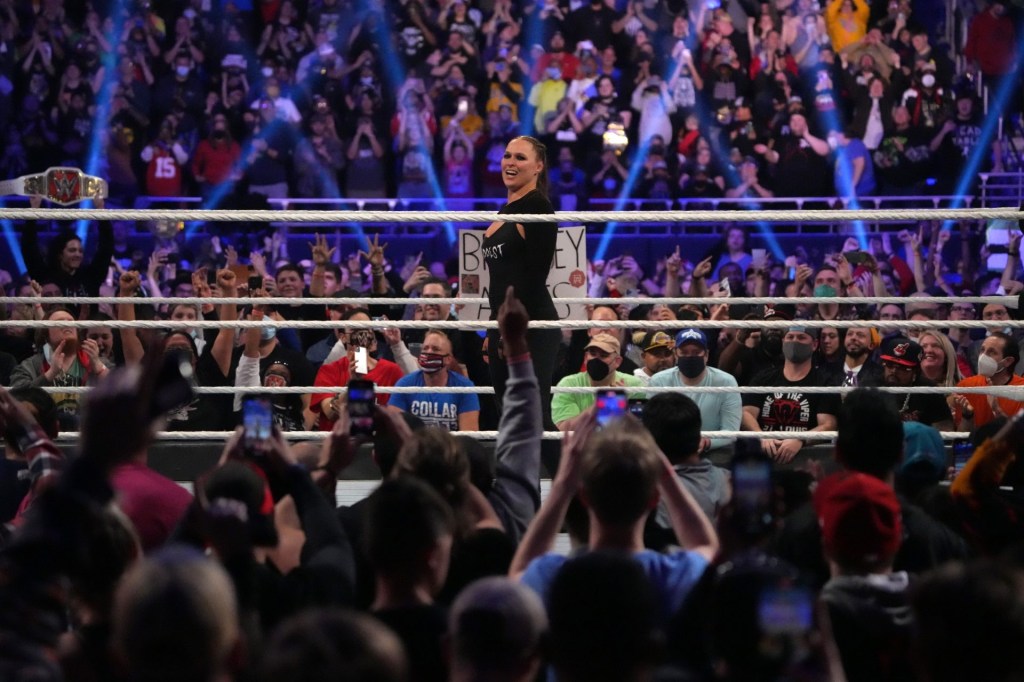
![[Subscription Customers Only] Jul 13, 2025; East Rutherford, New Jersey, USA; Chelsea FC midfielder Cole Palmer (10) celebrates winning the final of the 2025 FIFA Club World Cup at MetLife Stadium](https://frontofficesports.com/wp-content/uploads/2026/02/USATSI_26636703-scaled-e1770932227605.jpg?quality=100&w=1024)





